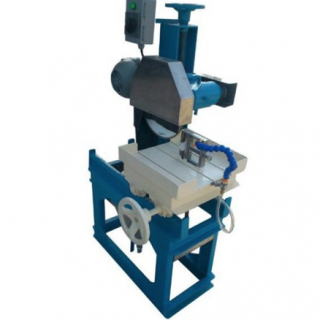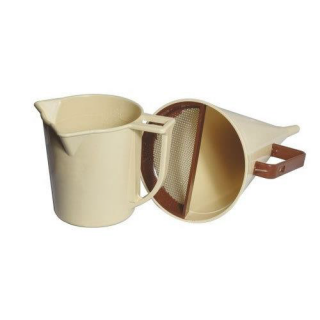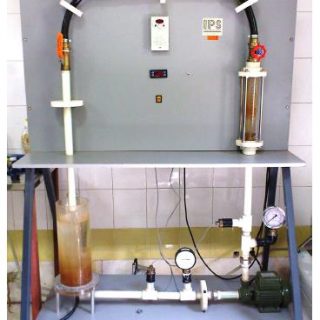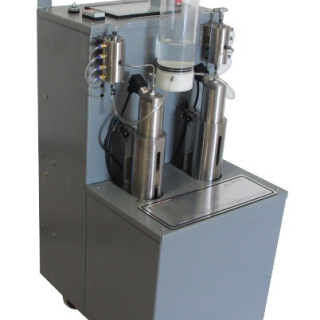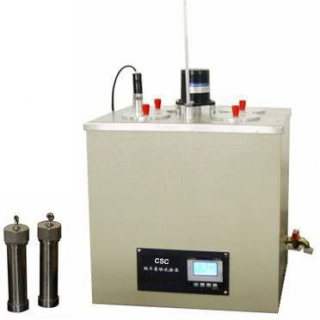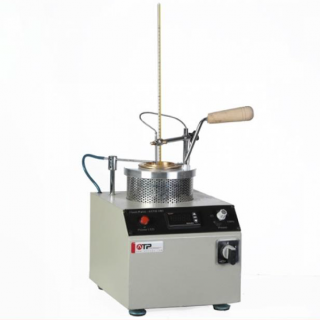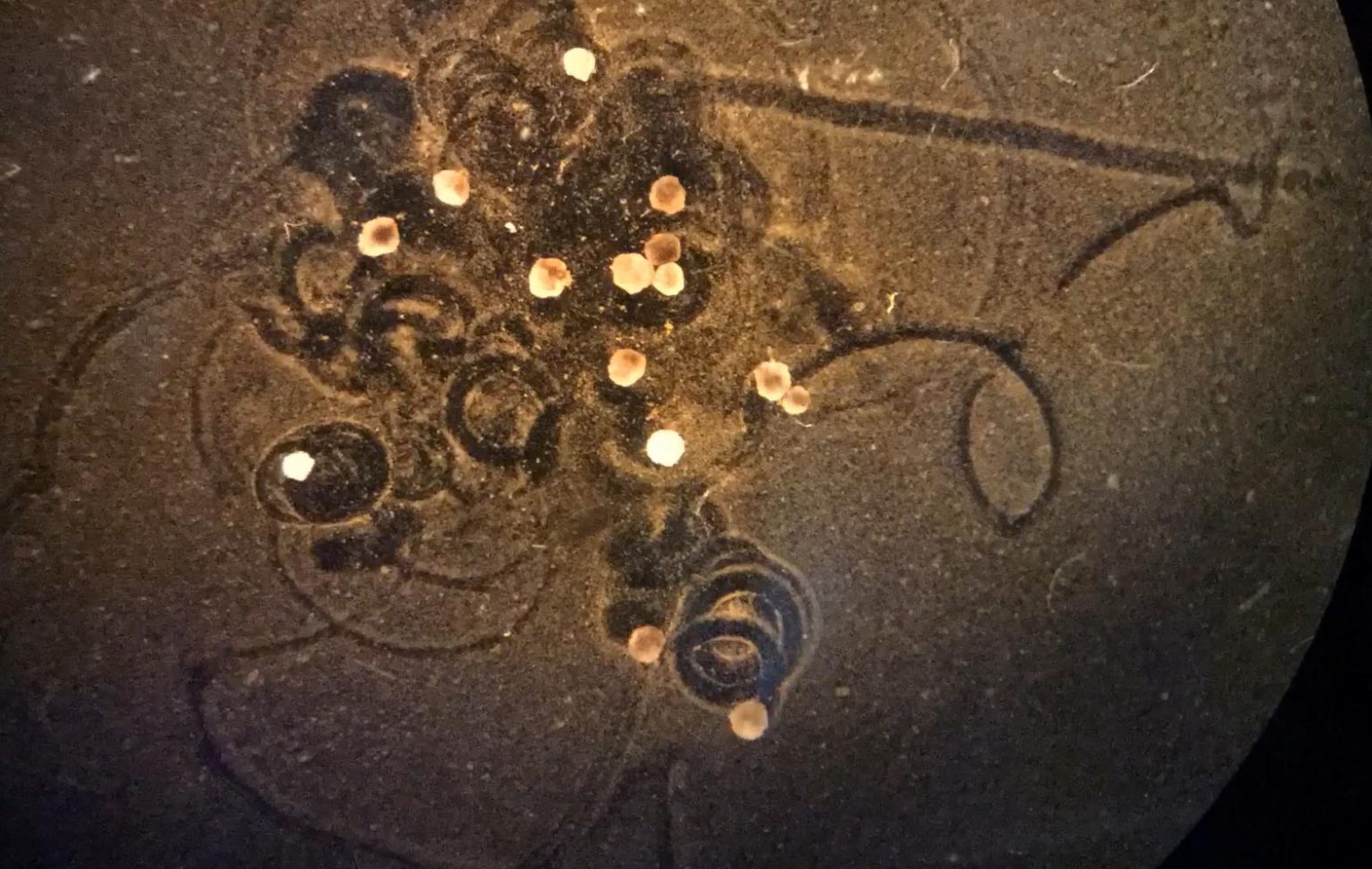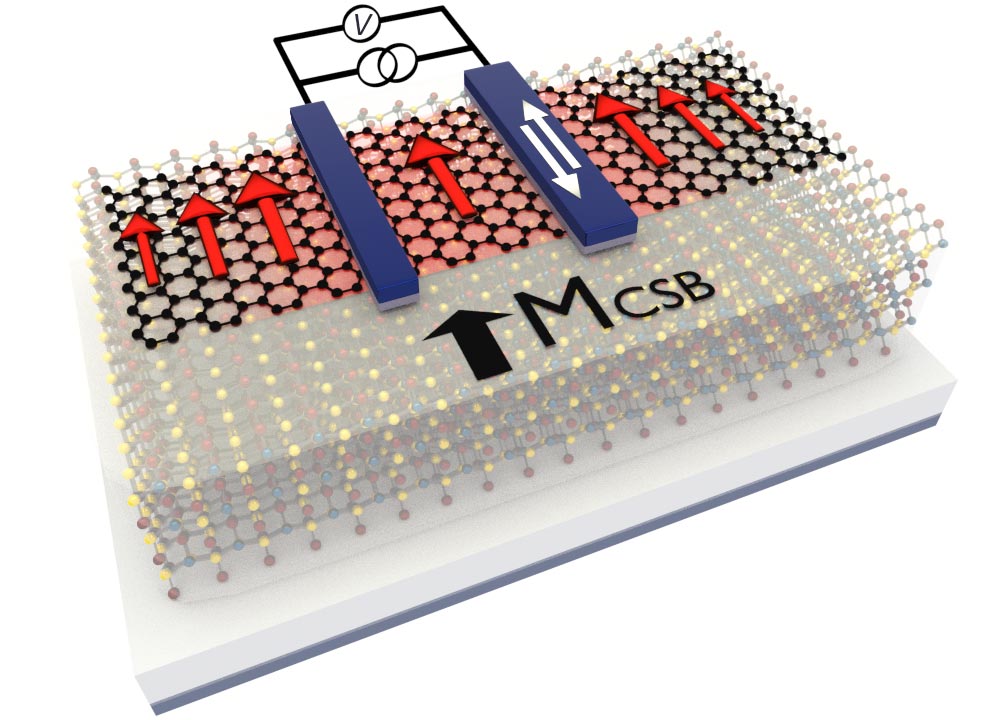Products
- Core Preparation
- Routine Core Analysis
- Special Core Analysis
- Reservoir Stimulation
- EOR
- IFT Measurement
- Fluid Sampling
- PVT
- Pump
- Drilling Laboratory
- Petroleum Laboratory
- Aniline Point Measuring Device
- Cloud Point Measuring Device
- Copper Corrosion Measuring Device
- Distillation Apparatus for Petroleum Fluids
- Ductility of Bituminous Materials Measuring
- Flash Point Measuring Device
- Ostwald’s Viscometer
- Penetration of Bituminous & Lubricating Grease Materials Measuring Device
- Pour Point Measuring Device
- Reid Vapor Pressure Measuring Device
- Saybolt Viscometer
- Smoke Point Measuring Device
- Softening Point of Asphalts & Tar Pitches Measuring Device
- Fluid Laboratory
Our group is among the knowledge-based enterprise pioneers in petroleum industry.

Saybolt Viscometer
The Saybolt viscometer is a device that controls the heat of the fluid. Moreover, the viscosity is the time taken for the fluid to fill the container. These viscometers are most commonly used for fieldwork to measure the viscosity of oils, syrups, varnish, paints, and bitumen emulsions. The Saybolt viscometer can be found in different versions.
Related products
-
Copper Corrosion Measuring Device
Read moreThe instrument is designed and made for the detection of copper corrosion from petroleum products by the copper strip tarnish test. It is suitable to determine the corrosiveness of gas, jet fuels, vehicle gasoline, natural gasoline, a hydrocarbon with Reid vapor Pressure, solvent oil, diesel oil, distillate oil, lubricating oil, and other petroleum products, to copper.
Request for quote -
Ostwald’s Viscometer
Read moreOstwald viscometer, also known as U-tube viscometer or capillary viscometer is a device used to measure the viscosity of the liquid with a known density. The method of determining viscosity with this instrument consists of measuring the time for a known volume of the liquid (the volume contained between the marks A and B) to flow through the capillary under the influence of gravity. The instrument must first be calibrated with materials of known viscosity such as pure (deionized) water. Knowing the value of the viscosity of one liquid, one can calculate the viscosity of another liquid.
Request for quote -
Flash Point Measuring Device
Read moreThis device is used to determine the flashpoint value of petroleum products, which is the temperature point at which the sample vaporizes to another composition state in the air that can be ignited. At that moment, the flashpoint apparatus can determine and measure the vapor pressure change in which this occurs, also known as the lowest limit of flammability. Therefore, vapor concentration can be determined by temperature. It is widely used in railway, aviation, electrical power, oil industries, and scientific research departments, etc.
Request for quote -
Mud Circulation Structure
Read moreThe device is used as a simulator of the mud circulation system. The drilling fluid circulating system is like a close loop electric circuit through which drilling fluid (i.e. mud) can travel from the surface to all the way downhole and back to its initial point (i.e. mud pit). The cuttings are then separated from the mud, which is then recycled.
Request for quote
Best offers
Customizing Orders Based On Customer Needs
Initial Setup & Installation
24x7 Support
Product Warranty & Guarantee
CIF Delivery
Know Us

The company provides new services based on state-of-art technologies, breaking into new markets, and eventually, stabilizing as a knowledge-based industrial group.
Read More
